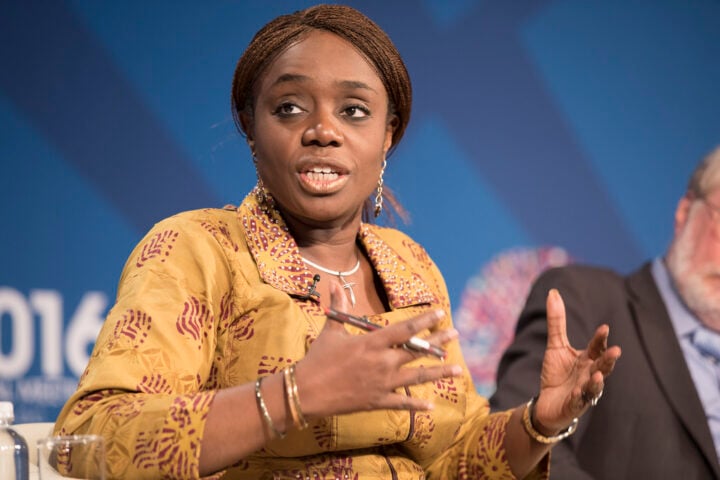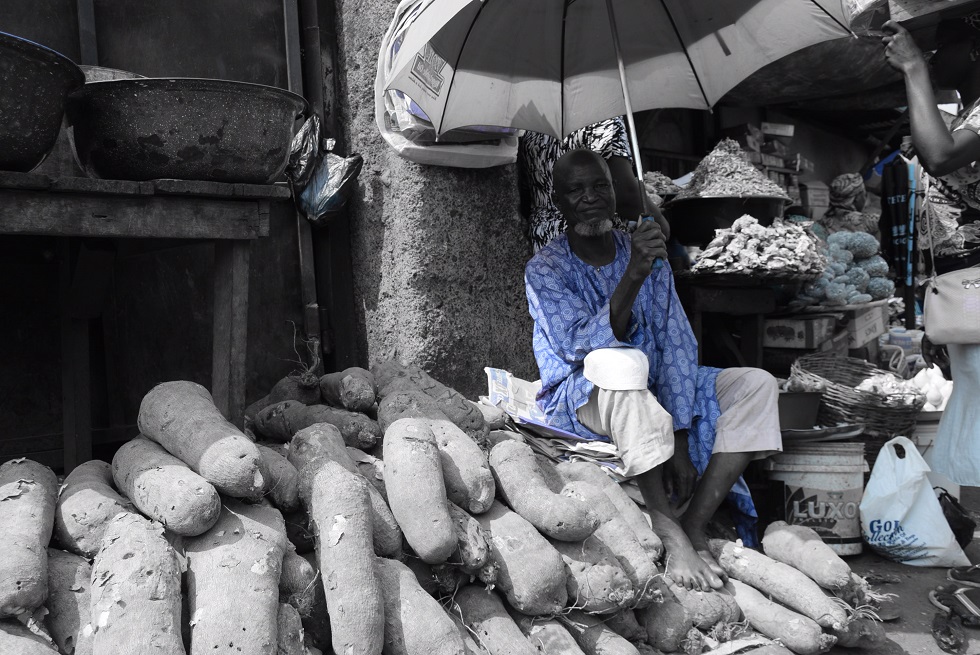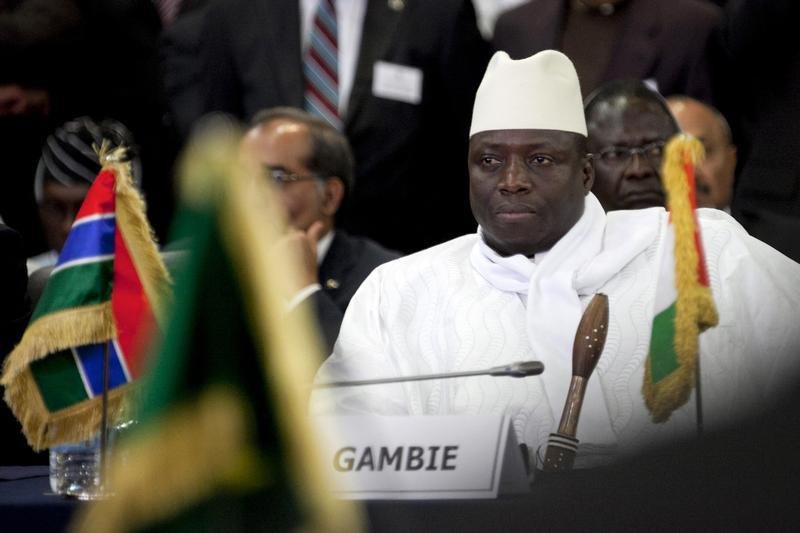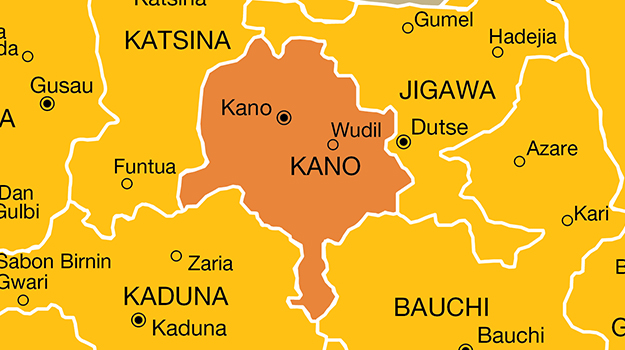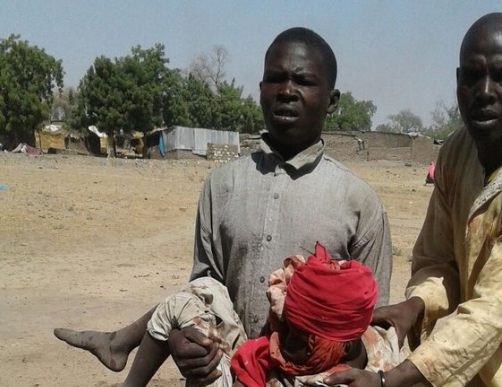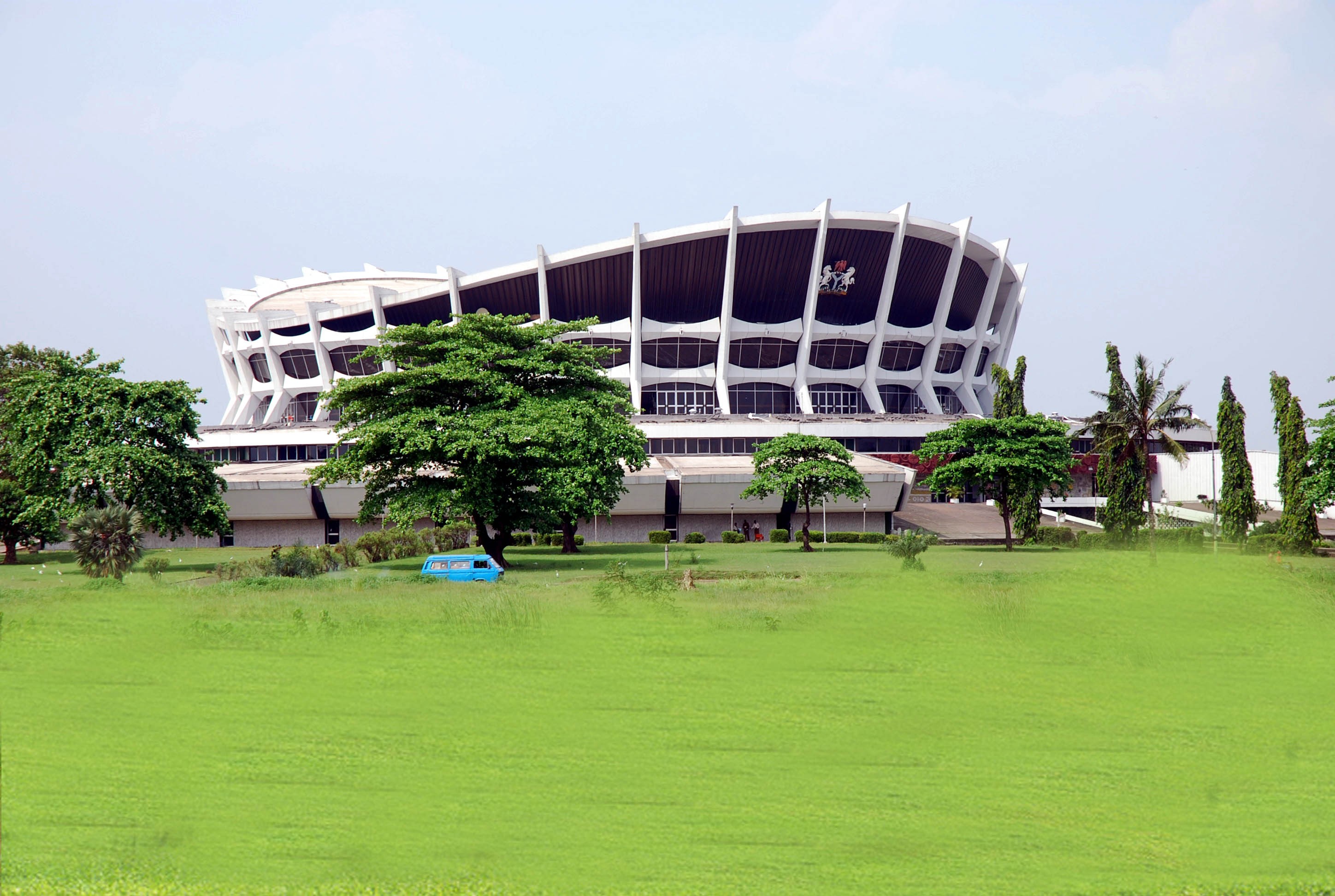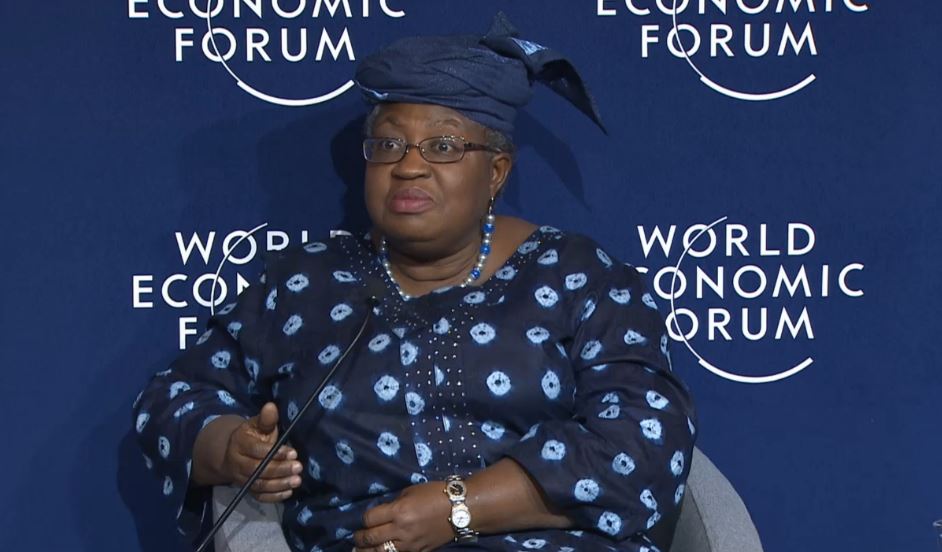Well-meaning Nigerians have advised government to deal with the prevailing multiple foreign exchange rates.
The reason is not far-fetched: multiple exchange rates encourage ‘round tripping’ and discourage real production. A manufacturer who gets a dollar at N315 and knows he could sell it at N497 down the street might be tempted to leave real production and become a currency dealer.
In the same vein, the foreign investor who is willing to bring in his investment at N315/$1 knows that due to the scarcity of dollars in the country, he might end up buying a dollar above N315 when he intends to repatriate his profit.
This currency dilemma has stalled production and impoverished Nigerians.
Advertisement
In a bid to placate Nigerians, the minster of finance, Kemi Adeosun, told lawmakers that the currency black market would soon collapse because the market has no fundamentals.
This unfortunate ‘conclusion and economics’ from the minister is coming after the government tried to force black market operators to sell the dollar at N400 using the DSS but failed.
Now, the minister claims her ‘economics’ could achieve what her government couldn’t achieve with brute force.
Advertisement
To start with, the fundamentals driving the black market are clear. And they are nothing but the supply-demand imbalances in forex –which is as a result of the fall in oil price and bad economic policies. Scarcity of forex create black markets, and forex is priced at a premium in this market.
It is mindboggling that the government hasn’t realized its mistake. The imposition of currency controls, without adequate fiscal measures, gave the black market all the oxygen it needed to survive. When citizens cannot obtain forex at official exchange rates to meet some of their ‘basic’ demands, a black market develops.
This is not the only reason for the existence of a black market. The inflationary trends, which was triggered by the rising cost of imports, helped this illegal market. Inflation – especial cost-push inflation — makes citizens lose confidence in their local currency. And when citizens lose confidence, they tend to hedge the value of their cash holding. This increases the demand on forex, and fuels black market.
Economic fundamentals are also responsible for the growth of the black market. Weak economic fundamentals such as high interest rates and poor infrastructure make production difficult. This encourages the black market. When goods cannot be produced locally, the only option would be to import them, even if there are ‘bans’ on them. And because these imports can only be done with forex obtained from unofficial sources, the black market is sustained.
Advertisement
Having an unrealistic high exchange rate could also aid the black market. Little wonder that forex futures – which are the price traders buy forex to be used at a future date – is higher than current prices. And the minister doesn’t see this as a sign of an imminent devaluation.
The argument that only a small portion of our trade is done with forex from the black market, which the minister could make, falls flat when one observes that the goods and services obtained through the black market window are also very essential. And since government cannot meet the forex for such demands, this small window would continue to drive the artificial value of the naira.
The question the minister should ask herself is this: Why is black market booming in countries like Argentina, Iran, Egypt, Angola and Venezuela, and not in countries like Japan and the UK? The fundamentals driving black markets are the same in weak economies.
The CBN had announced in December that it would eliminate the black market, but didn’t say how it would. One is not sure the minister knows either.
Advertisement
With the minister’s statement, one could conclude that she is overwhelmed. She needs help and the President should make sure she gets help. It is high time every Nigerian joined in the debate to salvage our economy, we can’t leave it for a few people to manage.
Advertisement
Add a comment

